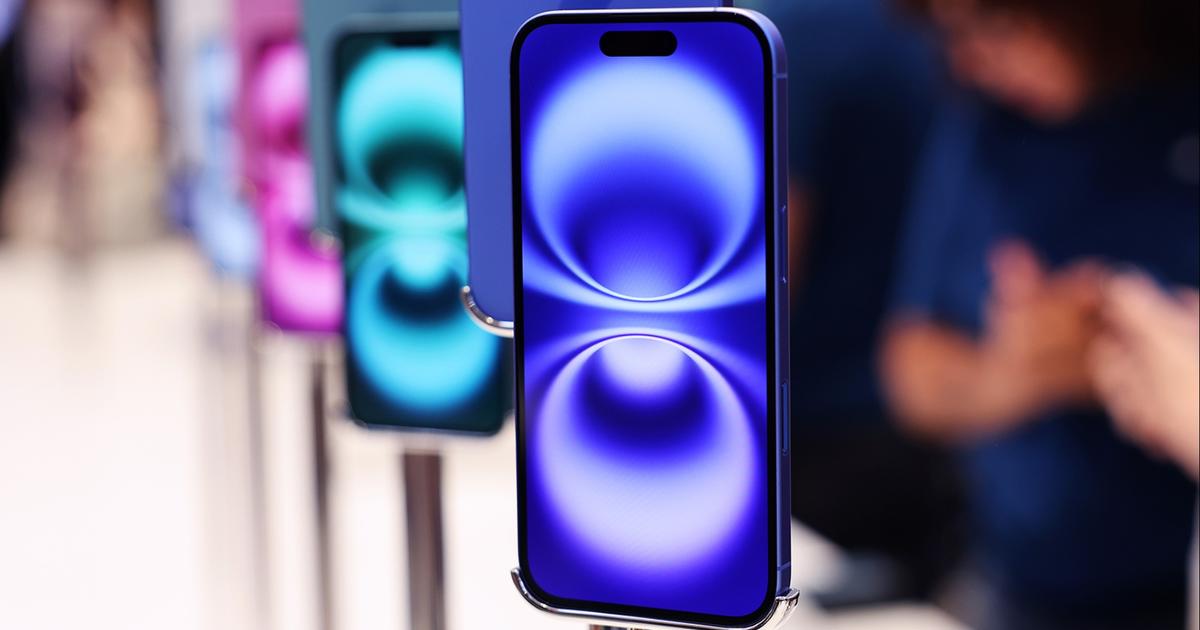Apple’s iPhone 16 lineup hit stores in some 60 countries Friday, but the new phones have not exactly been flying off the shelves.
Some analysts attribute tepid demand for the new phones to the fact that they were missing a key attribute out of the box: the tech giant’s much-hyped artificial intelligence features.
“One of the key factors for the lower-than-expected demand for the iPhone 16 Pro series is that the major selling point, Apple Intelligence, is not available at launch alongside the iPhone 16 release,” TF International Securities Apple analyst Ming-Chi Kuo wrote in a blogpost.
Despite the company’s best efforts, the launch of Apple Intelligence is more complicated and drawn out than much of the marketing surrounding it suggests.
The new iPhones come preloaded with iOS 18, Apple’s latest software upgrade. Contrary to earlier reports, however, iOS 18 does not include artificial intelligence enhancements. Instead, Apple Intelligence will begin with iOS 18.1, set to arrive in October, according to Apple.
Consumers anxious to test out Apple Intelligence can download a public beta version of the software which was made available Thursday — just three days after the release of iOS 18. Apple Intelligence features integrated into iOS 18.1 include “text rewriting tools,” and a “glowy new Siri design,” the Verge reported.
iPhone 16 series first-weekend pre-order sales were down about 13% compared with those of the iPhone 15 series during the same period last year, noted Kuo. “The key factor is the lower-than-expected demand for the iPhone 16 Pro series,” she said.
Kuo added that Apple employees, who typically have to wait several weeks after new iPhone models are released to purchase them, are able to use their employee discounts on the new phones now.
“This could be another sign that the early demand for the iPhone 16 is below expectations,” Kuo wrote in a post on X.
Rollout of Apple Intelligence will be gradual
Once iOS 18.1 officially is officially released, Apple Intelligence will be integrated into apps like Mail and Notes. The new technology is designed to simplify daily chores like list-writing, [harnessing] the power of Apple silicon to understand and create language and images, take action across apps, and draw from personal context to simplify and accelerate everyday tasks,” according to Apple.
Apple Intelligence is also expected to make Apple’s virtual assistant, Siri, work better — though enhancements may likely be subtle at first. With the first iOS upgrade, Siri will be endowed “with richer language-understanding capabilities,” according to Apple in a description of the iPhone 16 on its website. Users will also be able to communicate with Siri by text as well, “and switch fluidly between text and voice as they accelerate everyday tasks.”
Apple Intelligence will also work on iPhone 15 Pro models, once the software update arrives.
CNET senior editor Lisa Eadicicco told CBS news she’s not surprised that demand for iPhone 16 isn’t going through the roof.
“For people looking to upgrade, it’s really not about the year-over-year improvements anymore,” she told CBS News. “I think the days of buying the latest iPhone every year are behind us. I think if you have a phone that’s several generations old, those are the people that are really going to benefit form the upgrade because you get longer battery life.”
People only upgrade when they “need” a new phone, said Eadicicco, which is typically every three years or so, according to CNET data.

